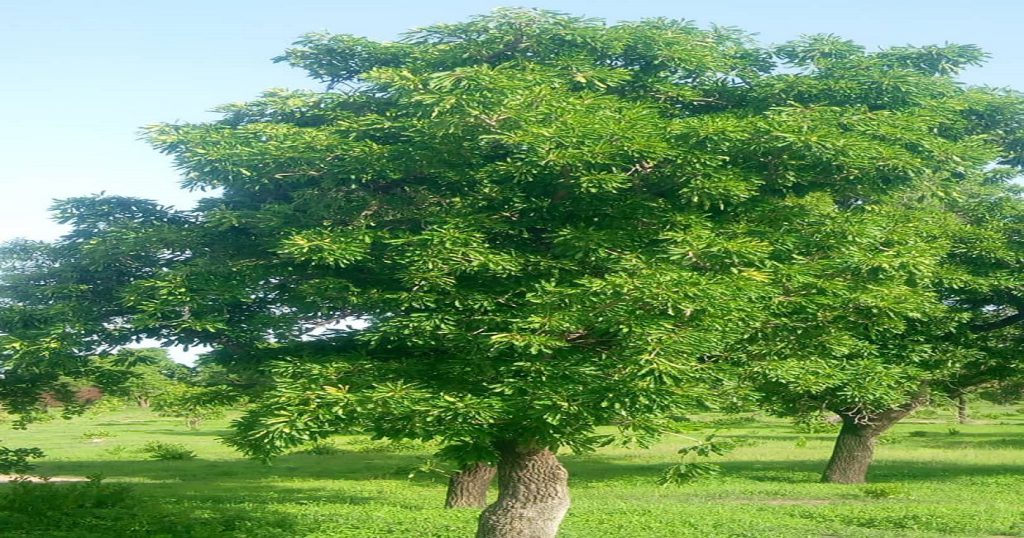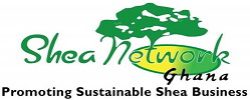Mr. Iddi stated that the destruction of these non-timber forest resources such as shea, dawadawa and baobab threatens the livelihood of many and has a negative impact on the climate. He made the call in a press release copied to Citi News to commemorate this year’s World Environment Day

Mr. Iddi stated that the unavailability of harmonized and precise regulations to protect shea parklands is threatening the survival of trees. He disclosed that Shea Network Ghana (SNG) with funding from the Business Advocacy Challenge (BUSAC) Fund commissioned a study to assess the effectiveness of the Forestry Commission Act of Ghana and identify its weakness.
He also noted that the study revealed that non-inclusion of non-timber forest resources in the Act for effective management, development and protection of forest reserves accounted for the indiscriminate felling of these trees The National Coordinator said the study also revealed that even though several operational manuals and Acts have been developed for tree protection; they were uncoordinated, requiring a well-established law for shea protection. He therefore appealed to Districts Assembly and traditional authorities to ensure the enforcement of bye laws, taboos and conventions for the protection of shea and other economic trees.
According to him the high demand for charcoal, high use of fuel wood and the limited livelihood alternatives among rural women in the North during the dry season contributes to its destruction and therefore called on stakeholders to intensify education on the dangers that such destruction will have on communities. Mr. Iddi recommended that efforts should be made to assist District Assemblies to develop and gazette their respective by-laws as well as carry out community level sensitization to ensure protection of the shea tree. Shea Network Ghana (SNG) a Local Non-Governmental Organization (NGO) with funding from the Business Advocacy Challenge (BUSAC) Fund has its head office in Wa in the Upper West Region of Ghana operating with three focal organizations in the three Northern Regions and value chain actors as well as stakeholders engaged in the shea business.
